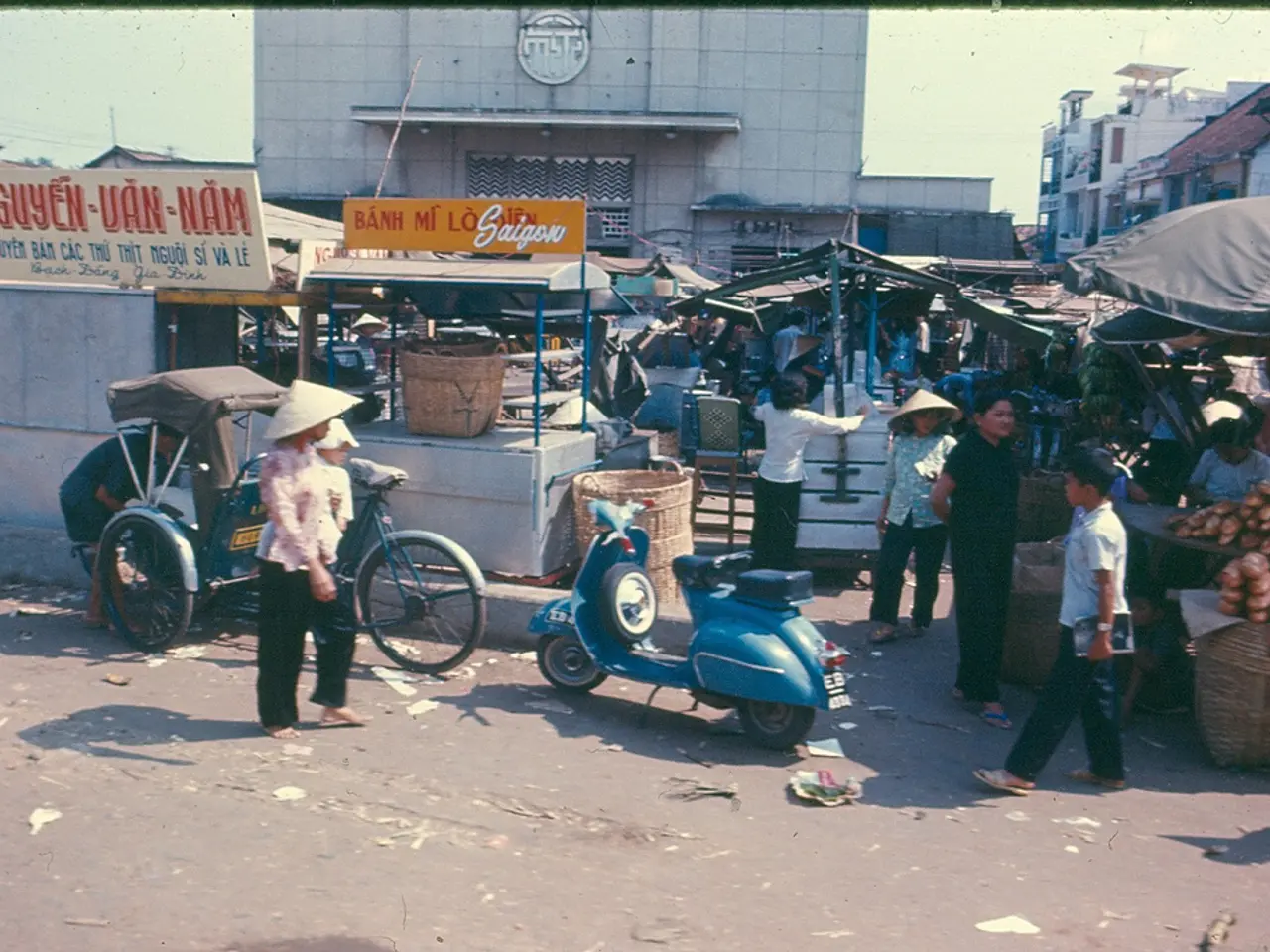Intelligent Solutions for Waste Management
In the heart of New Zealand, a groundbreaking initiative named Litter Intelligence is making waves. Run by Sustainable Coastlines and funded by the Ministry for the Environment's Waste Minimisation Fund, this citizen science project is empowering communities to take an active role in long-term litter monitoring across various coastal and urban sites.
The project's ultimate goal is to create a grassroots solution to litter in New Zealand, tracking trends in litter over time. With the help of dedicated volunteers, Litter Intelligence is gathering consistent and scientifically rigorous data on litter types, quantities, and trends, supporting evidence-based policy-making, targeted waste reduction initiatives, and public awareness campaigns.
At the heart of this project is the involvement of citizens in data collection, fostering environmental stewardship and community engagement. On August 3, 2025, for instance, a large-scale event was held at New Brighton Pier, demonstrating the active participation of the community in data collection to build a robust, nationwide litter database.
Litter Intelligence's data collection methodology is based on an official methodology to ensure scientific rigour. To aid volunteers, Sustainable Coastlines provides training and tools, such as workshops on litter collection and a litter education curriculum for schools. Additionally, a phone app is available for entering litter data, including litter categories, into a national database.
The project's long-term data will assist in proving the litter problem and prioritizing solutions. In fact, one of the most common forms of litter worldwide is cigarette butts, which can take 18 months to 10 years to fully degrade. Cigarette filters, made of plastic cellulose acetate fibres, are not biodegradable, posing a significant threat to marine and coastal ecosystems.
Litter Intelligence's data resource is proving invaluable in supporting environmental management. By systematically monitoring litter, the project provides critical data to inform government policies and waste management strategies. This contributes to broader national efforts to improve recycling, minimise waste, and protect marine and coastal ecosystems from pollution harms.
The project's collaboration extends beyond the Ministry for the Environment. It collaborates with the Department of Conservation, Statistics New Zealand, and New Zealand science organizations such as Royal Society Te Apārangi and the Office of the Prime Minister's Chief Science Advisor, seeking resources to help rethink plastic and develop innovative solutions.
According to a 2018 World Bank report, New Zealanders are among the top 10 highest consumers of urban waste per capita in the world, producing over 3.6 kg of waste per person every day. Litter Intelligence aims to change this trend by raising public awareness and promoting sustainable practices.
In a shocking revelation, one cigarette butt in a liter of water can kill fish. This underscores the urgency of addressing litter, particularly single-use items like cigarette butts. Litter Intelligence is a step towards a cleaner, greener New Zealand, where communities are empowered to take action against litter and protect their environment.
References: 1. Sustainable Coastlines
- The Litter Intelligence project, a citizen science initiative in New Zealand, seamlessly blends science, environmental-science, education-and-self-development, and learning by encouraging community members to collect data on litter, fostering a culture of environmental stewardship.
- As part of their ongoing data collection efforts, Litter Intelligence offers workshops, a litter education curriculum for schools, and a phone app to aid volunteers in entering data, contributing significantly to the field of environmental-science and the wider education-and-self-development sector.




